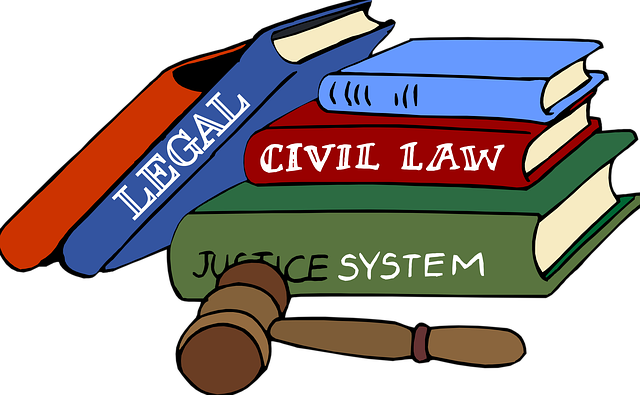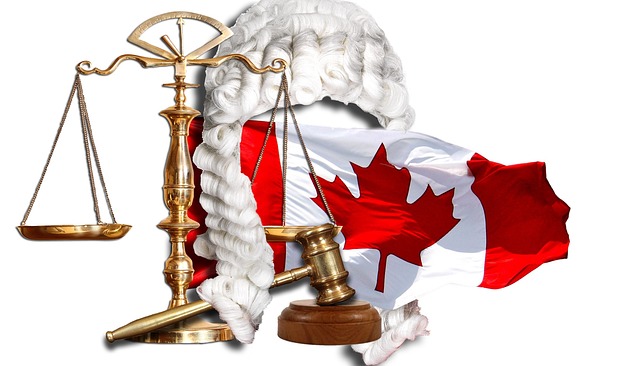TL;DR:
Administrative Law Hearings, crucial for RF Finance professionals facing regulatory challenges, demand meticulous preparation. This includes thorough document review, identifying weaknesses, and crafting narratives aligned with industry standards. Engaging white-collar defense lawyers is key for successful navigation and outcomes like defense wins or charge dismissals. Effective communication techniques involve detailed note-taking, plain language presentations, and active listening. Post-hearing procedures require transcript reviews, evidence gathering, and new information assessment, emphasizing the importance of immediate action to secure the best outcome, including potential appeals.
“Uncover the intricacies of RF finance law with our comprehensive guide on Preparation Tips for Administrative Law Hearings. This article equips professionals with vital knowledge, offering an in-depth overview of administrative law hearings. From understanding case fundamentals to mastering evidence presentation, you’ll learn effective strategies for success. We demystify post-hearing procedures and explore potential outcomes. Whether a seasoned lawyer or new to RF finance, these preparation tips ensure a confident approach to navigating complex administrative legal processes.”
- Understanding Administrative Law Hearings: A Overview for RF Finance Professionals
- Preparing Your Case: Essential Documents and Evidence Collection
- Effective Communication Strategies for Success at the Hearing
- Post-Hearing Procedures: Next Steps and Potential Outcomes
Understanding Administrative Law Hearings: A Overview for RF Finance Professionals

Administrative Law Hearings play a pivotal role in the financial sector, especially for RF Finance professionals facing regulatory challenges and legal disputes. These hearings are formal processes where government agencies or regulatory bodies adjudicate matters related to business practices, contracts, and compliance issues. Understanding the intricacies of these proceedings is crucial for preparing an effective defense strategy.
For RF Finance professionals, preparation tips for Administrative Law Hearings include thoroughly reviewing all relevant documentation, identifying potential weaknesses, and crafting a compelling narrative that aligns with industry standards and regulatory requirements. Given the complexity of financial regulations, engaging experienced legal counsel specializing in white-collar defense is essential. With their guidance, professionals can navigate these hearings successfully, aiming for winning challenging defense verdicts or even a complete dismissal of all charges.
Preparing Your Case: Essential Documents and Evidence Collection

Preparing for an Administrative Law hearing is a meticulous process that requires careful attention to detail. It’s akin to building a robust case, where every document and piece of evidence plays a crucial role in shaping your argument. Begin by gathering all relevant records, contracts, and communications related to the matter at hand. This step is vital as it ensures you have a comprehensive understanding of the facts and can anticipate potential challenges. Organize these documents chronologically, as this sequence may be significant during the hearing.
Additionally, consider the nature of your case—whether it’s a high-stakes affair involving complex financial transactions or a dispute within philanthropic and political communities. The evidence required will vary, so tailor your collection efforts accordingly. Remember, clear and concise documentation is key to navigating these legal proceedings effectively, ensuring your arguments are compelling and well-supported, even without the need for jury trials.
Effective Communication Strategies for Success at the Hearing

Effective communication is a cornerstone for success at Administrative Law hearings, where the stakes are high, and outcomes can significantly impact businesses and individuals. Preparation tips for these high-stakes cases include meticulous note-taking during all stages of the investigative and enforcement process. This ensures a clear understanding of the facts, legal arguments, and potential counterpoints from opposing counsel.
Furthermore, tailoring communication strategies to resonate with both the judge and the philanthropic and political communities present can be advantageous. This involves using plain language where possible, providing concise yet compelling evidence, and structuring presentations in a logical manner. Active listening is also key; it demonstrates respect for all parties involved, fostering an environment conducive to collaborative problem-solving.
Post-Hearing Procedures: Next Steps and Potential Outcomes

After an administrative law hearing, the next steps involve careful consideration of the potential outcomes. If the decision goes in favor of the individual or entity under investigation, it’s crucial to understand that agencies may still appeal, so immediate action is essential. In such cases, preparing for potential challenges and crafting a strategic response becomes paramount, especially when dealing with complex matters like white-collar defense.
For those navigating all stages of the investigative and enforcement process, post-hearing procedures demand meticulous attention. This includes reviewing the hearing transcript, gathering supporting documentation, and evaluating any new evidence that may have emerged during the proceedings. Preparation tips for administrative law hearings emphasize the importance of these steps to ensure the best possible outcome for his clients.
Navigating administrative law hearings is a crucial aspect of RF finance professionals’ roles, requiring meticulous preparation. By understanding the process, gathering essential documents, and employing effective communication strategies, you can maximize your chances of success. Remember that post-hearing procedures are just as important, with potential outcomes shaping future financial decisions. With these preparation tips for administrative law hearings, you’ll be well-equipped to advocate for your clients’ interests effectively.






